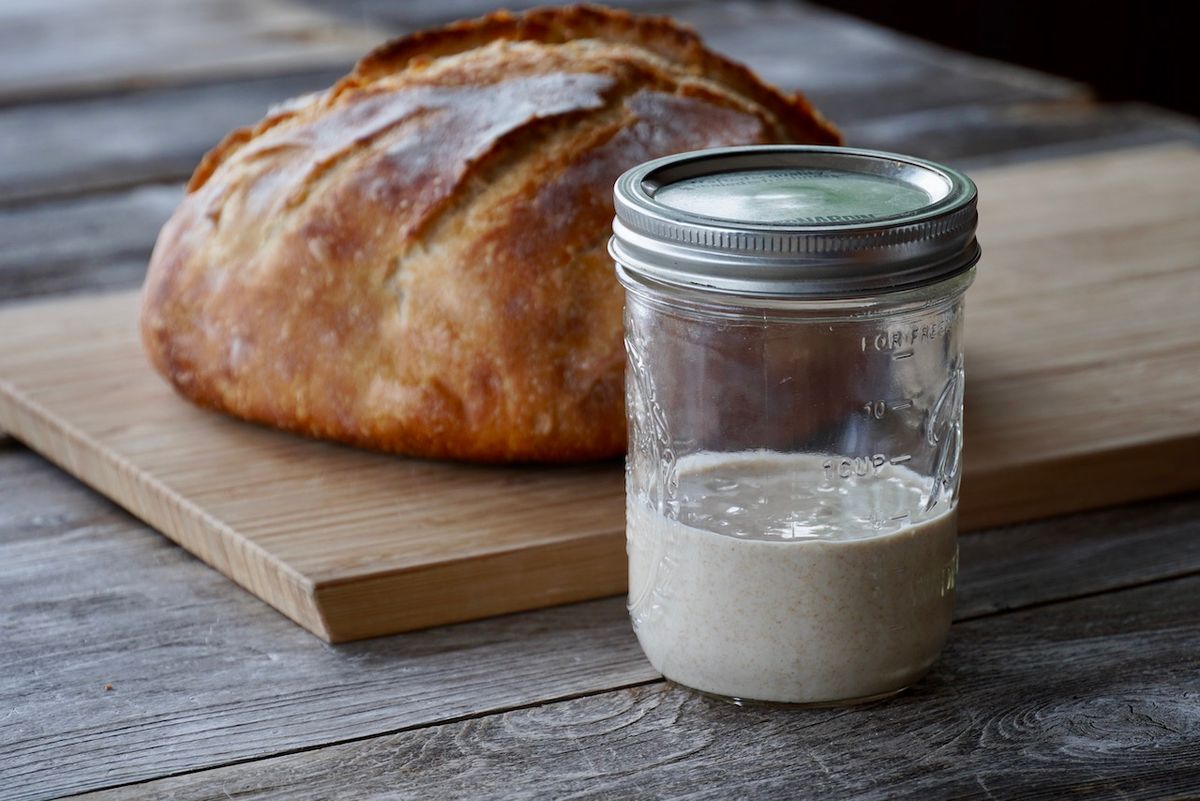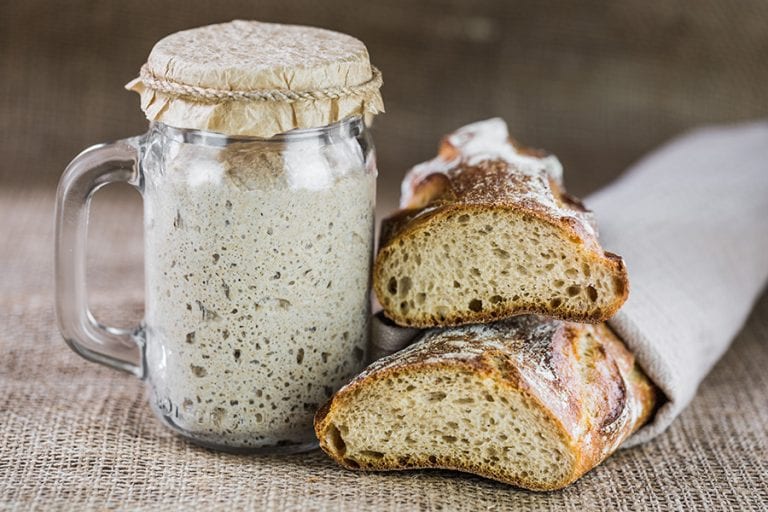Does Sourdough Have Gluten?

Before we dive into the depths of how sourdough could be a potential game-changer for those with gluten sensitivities, let's first understand what gluten is and why it affects certain individuals adversely. For many of us, a simple piece of bread signifies nothing more than a means to curb hunger, a breakfast staple, or perhaps an ideal mate to a savory spread. However, for those grappling with the harsh reality of Celiac Disease or gluten intolerance, a slice of bread could pose serious health hazards. But how do we approach this in the context of a much-loved leavened product, such as sourdough? Is the all-natural, artisanal, humble sourdough bread gluten-free?
Gluten 101: Understanding the Culprit
Gluten can be defined as a complex two-part protein found in wheat, barley, and rye. Gluten proteins give bread and pasta their stretchy, elastic properties and are often added to other food items to enhance their texture and palatability. For most people, consuming gluten poses no problem. However, for those with Celiac Disease or Non-Celiac Gluten Sensitivity (NCGS), gluten consumption can trigger a range of uncomfortable symptoms and serious health conditions.
Celiac Disease versus Gluten Intolerance: A Tale of Two Conditions
Celiac Disease is an autoimmune disorder wherein the body's immune system responds to gluten by damaging the small intestine lining. This leads to reduced absorption of vital nutrients causing malnutrition and other complications over time. The symptoms typically include diarrhea, weight loss, anemia, chronic fatigue, among others.
On the other hand, Non-Celiac Gluten Sensitivity doesn't evoke the classic immune response seen with Celiac Disease. It triggers similar symptoms when gluten is ingested but without the characteristic damage to the small intestine. Although less severe, long-term effects can impact overall health and wellness.
Sourdough and Gluten: An Unlikely Pairing
It's indisputable that sources of gluten, such as wheat, barley, and rye, are the primary ingredients in sourdough bread. So, how could it possibly ease the plight of individuals sensitive to gluten? We owe it all to the age-old art of fermentation.
Sourdough Fermentation Process
Sourdough bread is a product of slow fermentation. Natural yeasts, and lactic acid bacteria work together in symbiosis, turning the starchy dough into a sour-tasting delicacy over several hours, if not days. This is in contrast to traditional bread-making methods, where baker's yeast is added for a quicker rise.
The Crucial Role of Fermentation in Reducing Gluten Levels
During sourdough fermentation, yeasts and bacteria break down complex carbohydrates and proteins, including gluten, into simpler forms. They effectively degrade over 90% of gluten to non-toxic fragments in laboratory conditions, according to a study published in Applied and Environmental Microbiology. However, the extendable in real-life conditions is variable and relies upon multiple factors like the starter culture, fermentation time, temperature, and more.
A study in the European Journal of Gastroenterology & Hepatology further demonstrated that eight out of 17 Celiac patients who ate specially prepared sourdough wheat bread for 60 days reported no clinical complaints, and their biopsies revealed no changes to the small intestine's lining.

Can Sourdough Be a Savior?
Although sourdough fermentation can reduce gluten levels significantly, it is pivotal to note that it does not render it completely gluten-free. Hence, sourdough bread is not suitable for those with Celiac Disease, where even trace amounts can trigger damaging immune responses.
For people with gluten sensitivity, sourdough might be more tolerable, thanks to the pre-digestion of proteins by the wild yeast and bacteria during fermentation. However, responses can vary greatly from person to person, so it's crucial to consult with a healthcare professional or dietitian before introducing sourdough into your diet, particularly if you have an underlying health concern.
Does Sourdough Have Gluten?
Does sourdough have gluten? Yes, but the fermentation process can make it less irritating for some people with gluten sensitivity. However, it's paramount not to confuse 'less irritating' with 'absolutely safe.' For individuals with diagnosable Celiac Disease or severe gluten intolerance, other gluten-free alternatives are available that could be potentially safer and healthier. For others curious to experiment, sourdough might add that missing zing to their diet without triggering any adverse reactions. Please remember to always take professional diet and health advice into consideration. Remember, gluten and your health is not a trade-off that anyone should ever make lightly.
Remember, nutrition tracking is fundamental to achieving and maintaining optimal health. By understanding what you eat and how it affects you, it is possible to conquer food-related challenges and live a healthier life. Take control of your health today with SnapCalorie, your go-to nutrition tracking app.